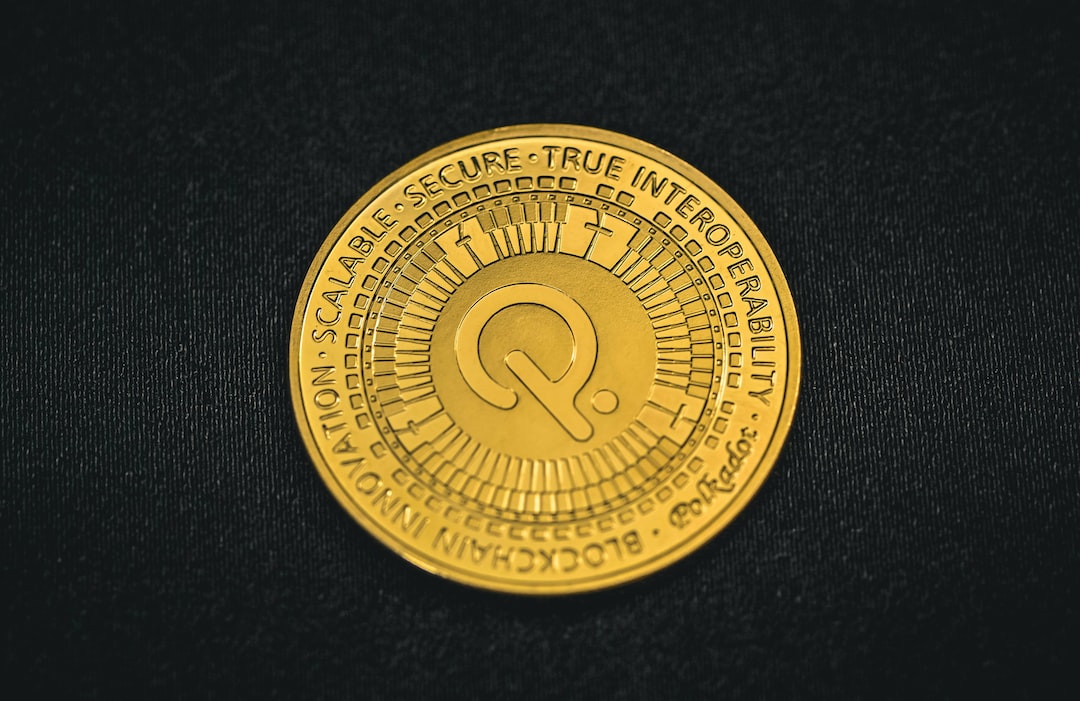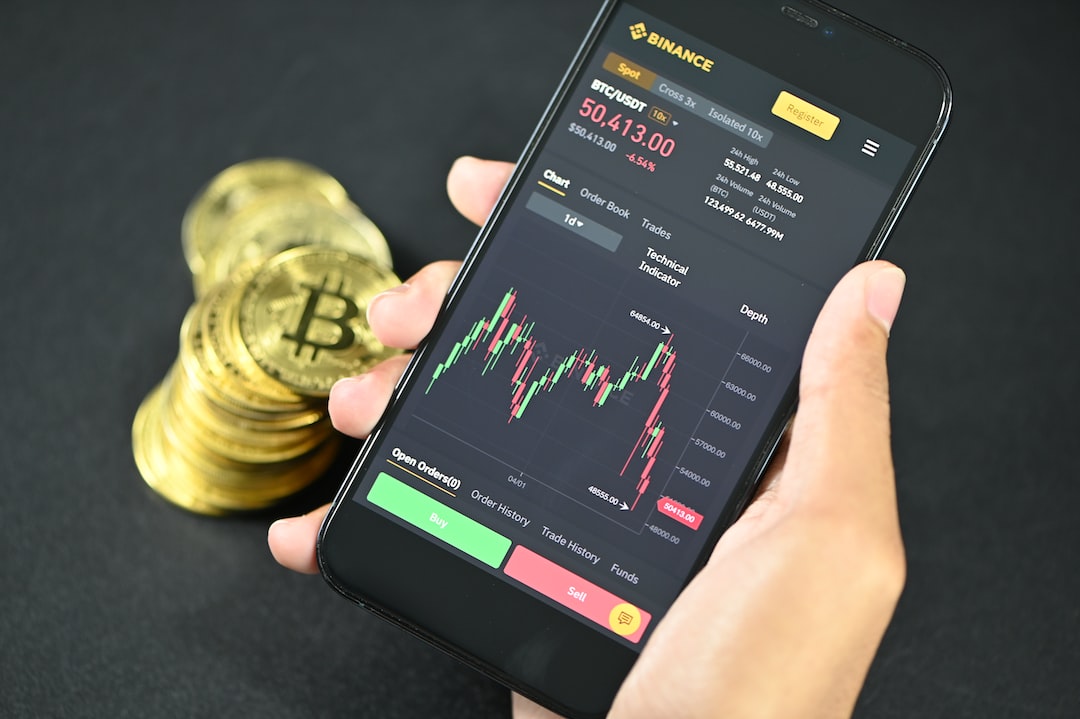The Middle East Embraces Crypto Mining
While the West is still unsure about the end of the crypto winter, the Middle East has made its stance clear. The Sultanate of Oman recently announced investments worth almost $800 million in mining infrastructure, signaling its entry into the digital arms race for dominance in the region.
This level of investment would have been unimaginable just a couple of years ago. However, it appears that the key to unlocking the Middle East and North Africa’s (MENA) potential in blockchain lies in Shariah compliance. According to Chainalysis, MENA is now the sixth largest crypto economy globally, with an estimated $389.8 billion in on-chain value received between July 2022 and June 2023. Turkey, Morocco, and Iran are among the top countries driving this growth.
Shariah Compliance Opens Doors
One of the main factors contributing to the rise of crypto in MENA is its alignment with Shariah principles. Islamic finance is guided by principles that prohibit usury (riba), uncertainty (gharar), and gambling (maysir). These principles have raised concerns regarding the compatibility of cryptocurrencies with Islamic law.
However, scholars and experts in the region have been working to address these concerns and provide clarity on how cryptocurrencies can be used within a Shariah-compliant framework. As a result, more individuals and institutions in MENA are now embracing crypto as a viable investment option.
MENA’s Growing Crypto Landscape
The MENA region has seen significant growth in its crypto landscape over the past year. Countries like Turkey, Morocco, and Iran have emerged as key players in the crypto space.
Turkey, in particular, has experienced a surge in crypto adoption, with its citizens turning to digital assets as a hedge against inflation and an alternative investment avenue. The country has also taken steps to regulate the industry and provide a clear framework for crypto businesses to operate within.
In Morocco, the government has been exploring the use of blockchain technology in various sectors, including finance and supply chain management. The country’s central bank is also considering launching a central bank digital currency (CBDC) based on blockchain technology.
Iran, despite facing economic sanctions, has seen a rise in crypto mining activities. The country has abundant sources of cheap electricity, making it an attractive destination for miners looking to capitalize on the profitability of crypto mining.
The Future of Crypto in MENA
As MENA continues to embrace cryptocurrencies and blockchain technology, it is likely that we will see further growth and innovation in the region. Governments and regulators are recognizing the potential of these technologies and are taking steps to create favorable environments for their development.
With its unique blend of traditional values and modern aspirations, the Middle East is poised to become a major player in the global crypto landscape. As more individuals and institutions adopt cryptocurrencies, we can expect to see increased investment, innovation, and economic opportunities in the region.
Hot Take: MENA’s Crypto Boom Signals Regional Transformation
The Middle East’s growing interest in cryptocurrencies is a testament to the transformative power of blockchain technology. By embracing Shariah compliance and leveraging the benefits of cryptocurrencies, MENA countries are positioning themselves as leaders in the global crypto landscape.
This shift not only opens up new economic opportunities but also paves the way for greater financial inclusion and innovation in the region. As governments and regulators work towards creating supportive frameworks, we can expect to see further growth and adoption of cryptocurrencies in MENA.
With its rich history, vibrant culture, and forward-thinking approach, the Middle East is well-equipped to navigate the complexities of the crypto world and drive positive change. The future looks promising for MENA’s crypto market, and it will be exciting to see how this transformation unfolds.
Disclosure: The views and opinions expressed here belong solely to the author and do not represent the views and opinions of crypto.news’ editorial.





 By
By
 By
By
 By
By
 By
By
